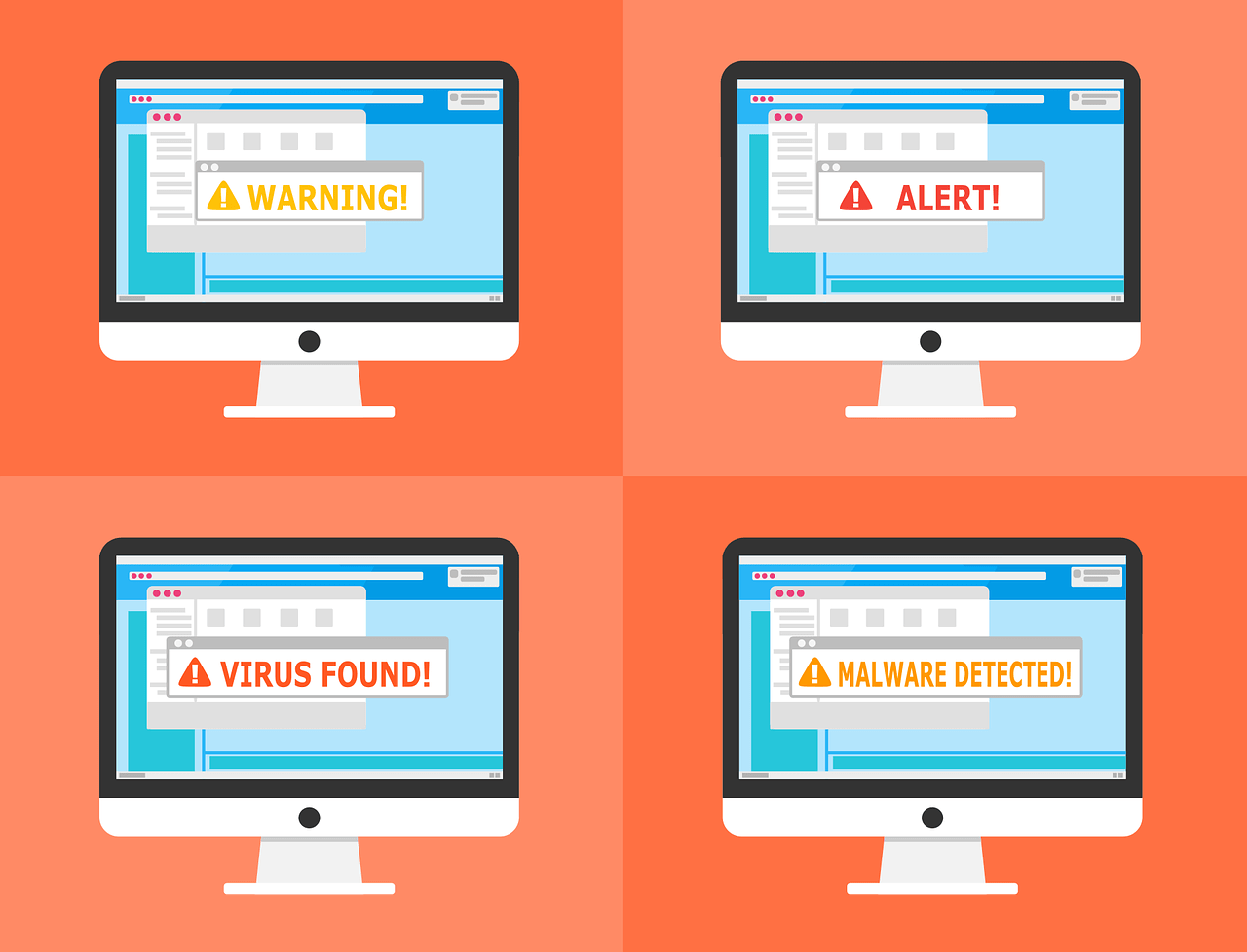With over 2 billion users, WhatsApp attracts scammers looking for easy targets. These scams use clever tricks to steal money, data, or even control your account. Here are the most common WhatsApp scams and how you can protect yourself.
1. Phishing for Verification Codes
Your phone buzzes with a text message: a verification code from WhatsApp, Google, or another service. Before you ignore it, someone on WhatsApp sends you a message claiming it was sent to you by mistake. They urgently ask you to share the code.
Sometimes, a stranger says they “mixed up a digit” when registering their number. In reality, they’re trying to hijack your account using that code. If you share it, they can take over your account, steal your data, and impersonate you.
How to avoid it:
- Never share verification codes with anyone, no matter how convincing they sound.
- Enable two-factor authentication (2FA) on WhatsApp and other accounts.
2. Impersonation Scams
You get a message: “Hi Mom, this is my new number. I need help paying a bill. Can you send some money?” It looks urgent and believable. But the person behind this message isn’t your child—it’s a scammer.
Scammers rely on vague stories and your emotions. Before you realize it, you’ve transferred money to someone you don’t even know.
How to avoid it:
- Always verify the request by calling the person directly.
- Don’t trust messages from unknown numbers, even if they seem familiar.
3. Fake Deliveries, Lotteries, and Surveys
Ever received a message about a “missing package” from DHL or UPS? You’re asked to confirm delivery details or pay a fee through a form or link. Around holidays like Christmas or Black Friday, these scams ramp up under the guise of “special offers” or “lottery winnings.”
These tricks can steal your personal data or install malware on your phone.
How to avoid it:
- Don’t click suspicious links. Look for grammar errors or weird URLs.
- If a company contacts you unexpectedly, verify their message through official channels.
4. Charity Scams
Crises and disasters bring out the best in people—and scammers. Fraudsters send emotional messages about charities helping disaster victims or the sick. They may even use real charity names to seem trustworthy.
Instead of helping a good cause, you end up funding a scam.
How to avoid it:
- Donate directly through official charity websites.
- Be wary of unsolicited messages asking for donations.
5. Romance Scams
You meet someone on a dating app, and they move the conversation to WhatsApp. Days turn into weeks, and you feel a connection. But there’s a catch: they’re always far away—working abroad or serving in the military—and soon, they “urgently need” money to deal with a crisis.
These scams prey on your emotions and trust. Worse, some victims unknowingly become money mules for illegal activities.
How to avoid it:
- Be cautious with strangers who message you out of the blue.
- Never send money to someone you’ve never met in person.

Protect Yourself: Key Tips
- Turn on two-factor authentication (2FA): This adds an extra layer of security to your WhatsApp account.
- Avoid sharing personal information: Don’t share your full name, address, or bank details with unknown people.
- Verify money requests: Always confirm directly with family or friends before sending money.
- Stay away from suspicious links: Don’t click on unknown links or attachments. Watch for grammar errors or strange URLs.
- Keep your apps updated: Use the Google Play Store or Apple App Store for updates. Avoid unofficial downloads promising fancy “WhatsApp themes.”
- Ignore unexpected messages: Banks and government agencies will never contact you through WhatsApp.
Final Thoughts
Scammers constantly refine their tactics, making it harder to spot the difference between real and fake. Stay alert, trust your instincts, and follow these simple steps to keep your account and personal data safe. And remember—if something feels off, it probably is.
Martin Baker
Martin Baker, Managing Editor at Decoded.cc, harnesses a decade of digital publishing expertise to craft engaging content around technology, data, and culture. He leads cross-functional teams, enforces editorial excellence, and transforms complex ideas into accessible narratives—fueling Decoded.cc’s growth and impact.








Leave a Reply